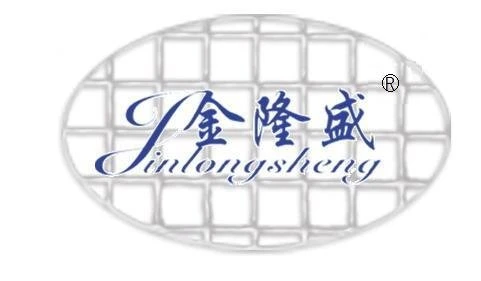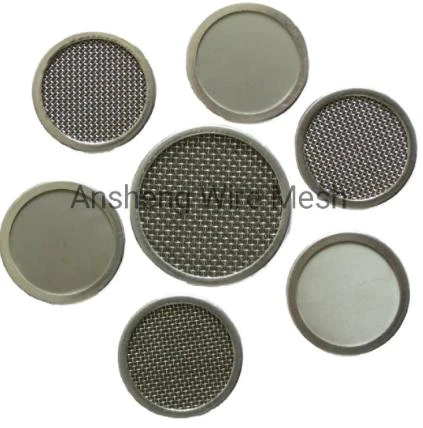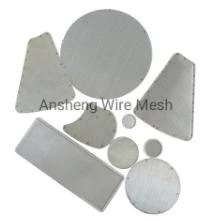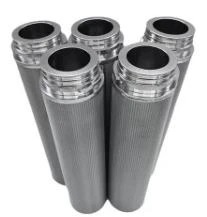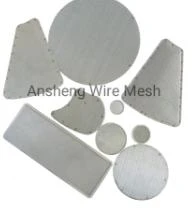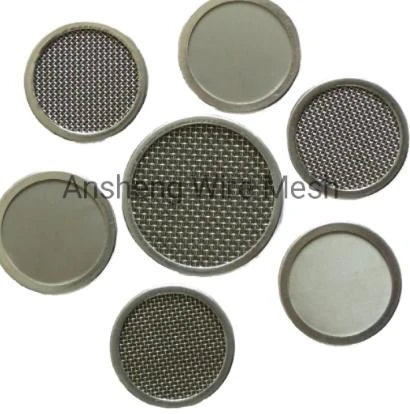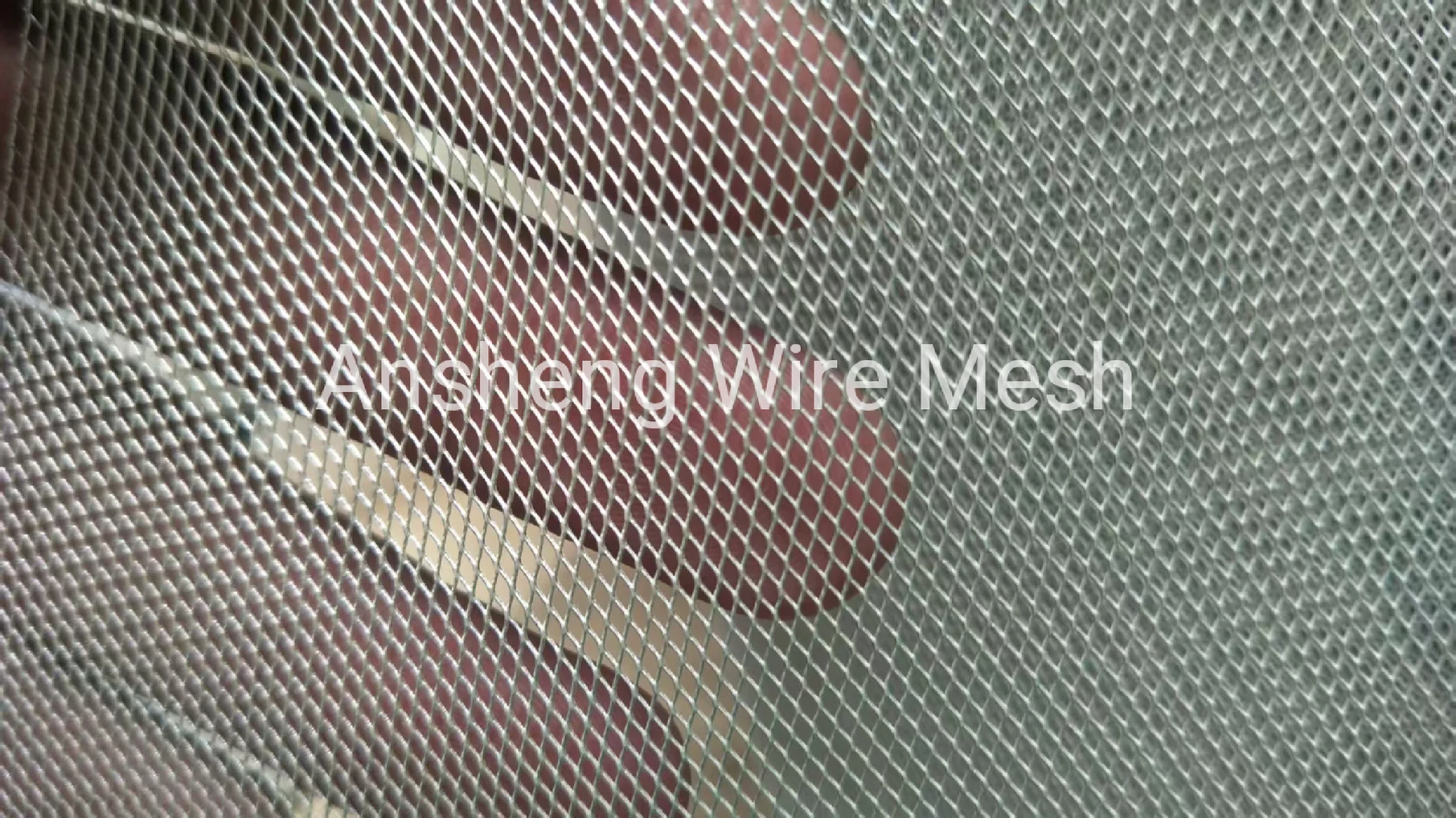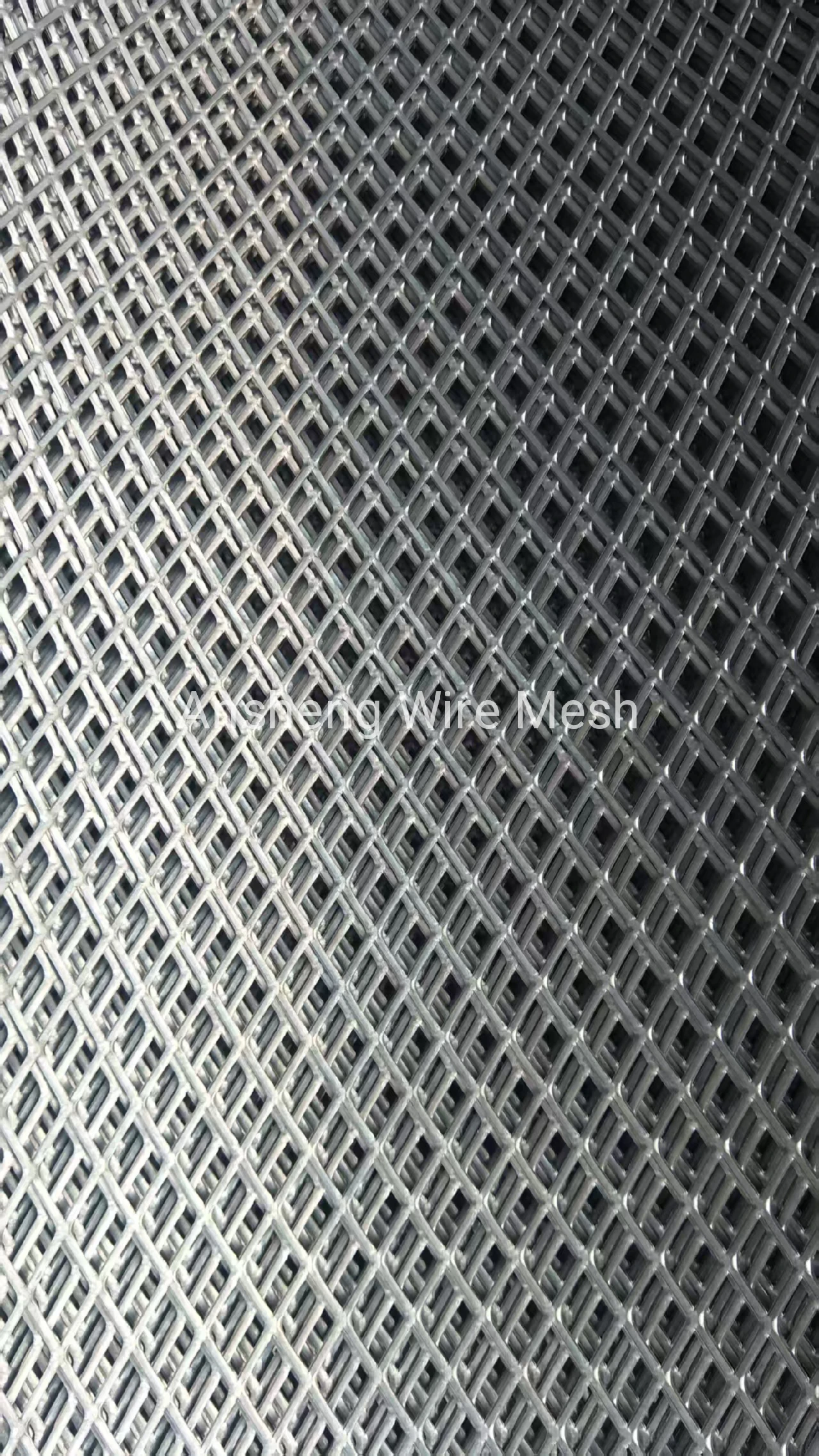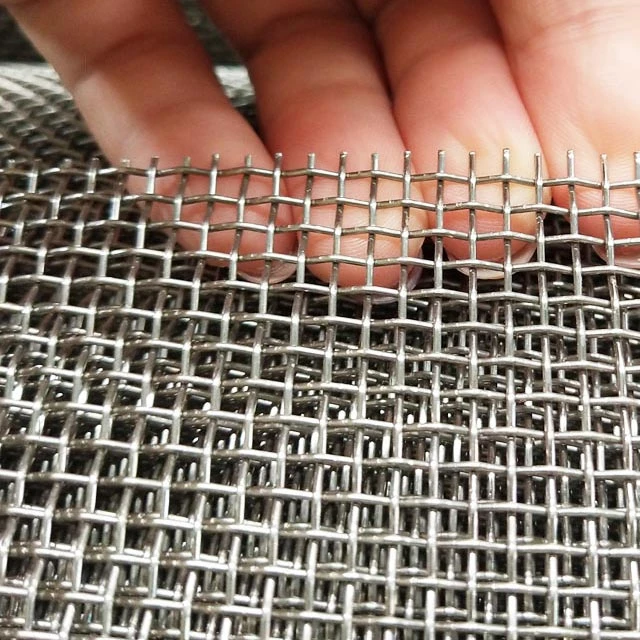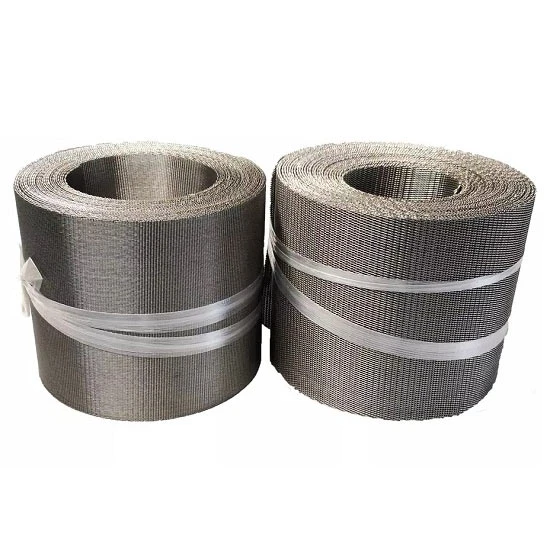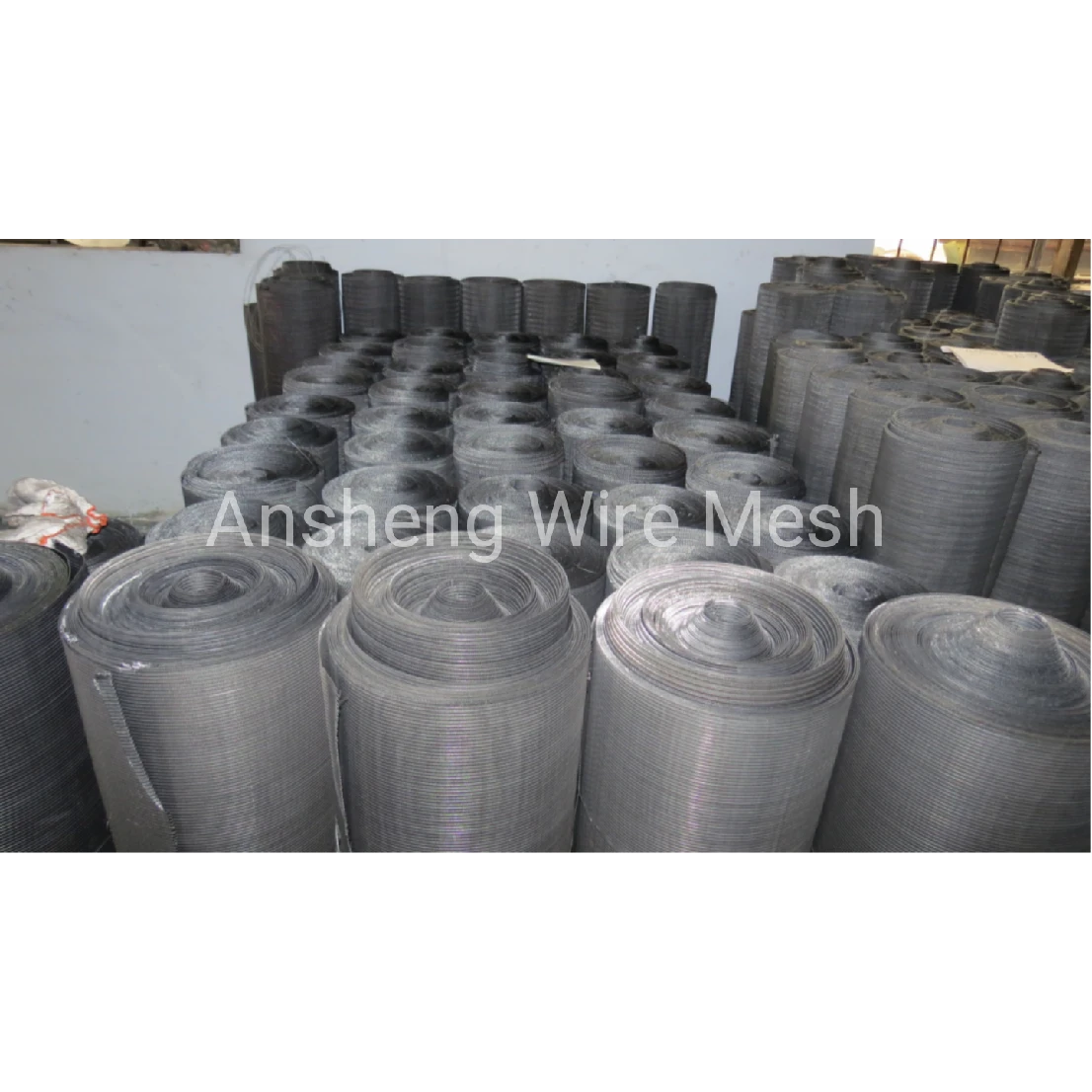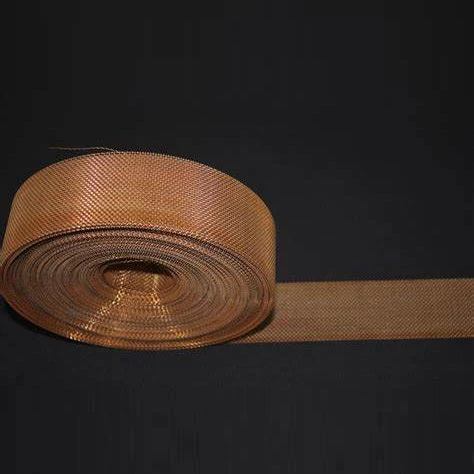In modern construction and renovation projects, the choice of window framing materials significantly influences both the durability and functionality of windows and doors. Among the many options available, premium screen extrusion aluminum frames have emerged as a favored solution due to their blend of strength, lightweight properties, and adaptability. Aluminum extrusions allow for precise, consistent shapes that fit perfectly within window and door systems, delivering an efficient seal against insects and debris without sacrificing airflow or aesthetic appeal. Additionally, the corrosion-resistant nature of aluminum ensures that frames remain visually appealing and structurally sound even under harsh environmental conditions, making them an ideal investment for both residential and commercial applications.
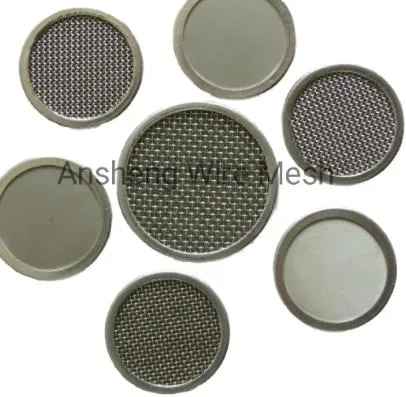
Why the Right Frame Material Matters in Modern Fly Screen Extrusion Solutions
Selecting the appropriate material for fly screen extrusion goes beyond just appearance; it is fundamentally about long-term performance and maintenance. Aluminum’s unique combination of durability and design flexibility positions it above many other materials traditionally used in window framing. It can be extruded into complex profiles that accommodate various mesh types, locking mechanisms, and seals, enabling the creation of tight, secure window screens that effectively block insects while maintaining excellent ventilation. Moreover, aluminum extrusions can be finished in multiple ways—powder coating, anodizing, or brushing—to match architectural styles and increase resistance to wear and UV exposure. These qualities ensure that modern fly screen extrusion solutions are not only practical but also visually harmonious with any building design.
Achieve Clean Airflow and Filtration Using a Durable Extruder Filter Screen System
Beyond window screens, extruded aluminum frames play a vital role in industrial filtration applications, particularly when combined with extruder filter screens. These filter elements are essential in removing particulates and contaminants from liquids or gases in manufacturing and processing plants. The structural integrity provided by extruded aluminum frames ensures that filter screens maintain their shape and position under variable pressure and temperature conditions, avoiding leaks or failures that could compromise system performance. Furthermore, the extruder filter screen system’s durability facilitates repeated cleaning and replacement cycles without degradation, which helps reduce operational downtime and maintenance costs. Incorporating aluminum extrusions into filter designs thus enhances both efficiency and longevity.
Integrating Aluminum Extrusion Screen Frame Designs into Residential and Commercial Builds
When considering window or door screen replacements in either new builds or renovations, the integration of aluminum extrusion screen frames offers several compelling advantages. Residential homeowners benefit from the lightweight yet sturdy nature of these frames, which simplify installation and reduce the need for heavy-duty support structures. Additionally, the corrosion resistance of aluminum suits exterior applications exposed to rain, sun, and fluctuating temperatures. For commercial buildings, where durability and uniformity are critical across multiple units or floors, extruded aluminum screens provide a standardized solution that is both cost-effective and visually consistent. The ability to customize finishes and profiles means these frames can also meet aesthetic guidelines, seamlessly complementing architectural elements from modern minimalist designs to classic facades.
Maximizing Performance with Engineered Screen Door Extrusion Profiles
Screen doors are among the most frequently used components of any building’s exterior, and their extrusions must balance robustness with ease of operation. Engineered screen door extrusion profiles made from aluminum provide this balance by offering strong, lightweight frames that resist warping and bending over time. Their precise manufacturing allows for tight seals against weather and insects, contributing to improved energy efficiency and occupant comfort. The clean lines and smooth finishes achievable with aluminum extrusion also elevate the look of screen doors, making them an integral part of the building’s curb appeal. Additionally, these profiles support the integration of various locking and sliding mechanisms, further enhancing usability and security.
The Versatility and Strength of Modern Screen Extrusion Aluminum Applications
Screen extrusion aluminum is not limited to traditional window screens; its versatility extends to a wide range of architectural and industrial uses. For example, patio enclosures, greenhouse vents, and even decorative partitions benefit from the material’s high strength-to-weight ratio and ease of fabrication. The ability to produce custom profiles quickly means manufacturers can meet specific design and functional requirements without extensive tooling or delays. This flexibility accelerates project timelines and enables innovations such as multi-layer mesh screens that improve airflow while blocking finer particles and insects. Furthermore, aluminum extrusion components can be integrated with other materials like rubber gaskets or stainless steel fasteners to enhance overall system performance and durability.
Aluminum Extrusion Screen Frame Finishes: Balancing Beauty and Longevity
One of the key selling points of aluminum extrusion screen frames is the variety of finishes available to protect and beautify the product. Powder coating provides a thick, durable surface layer resistant to scratching, fading, and corrosion, ideal for outdoor exposure. Anodizing chemically enhances the aluminum surface to increase hardness and improve resistance to UV damage, preserving the frame’s appearance in intense sunlight. Brushed finishes offer a subtle texture that reduces glare and fingerprints, preferred in high-end residential or commercial spaces. Each finish option supports different design intents while ensuring the frame remains functional and attractive for many years, reducing the need for replacement or repair.
Cost Efficiency and Sustainability of Aluminum Extrusion for Screens
Investing in aluminum extrusion screen frames often results in savings over the product lifecycle. Their durability means fewer replacements and less frequent maintenance compared to wood or plastic frames prone to warping, cracking, or fading. The lightweight nature of aluminum reduces shipping and installation costs. Moreover, aluminum is highly recyclable, making it a sustainable choice that aligns with environmentally conscious building practices. Many manufacturers now offer frames made from recycled aluminum, lowering the carbon footprint of construction projects without sacrificing quality or performance.
Installation Best Practices for Aluminum Extrusion Screen Frames
Proper installation is crucial to maximize the benefits of aluminum extrusion screen frames. Skilled installers ensure that frames fit precisely within window or door openings, creating a secure barrier against insects and weather. Attention to sealing points and fastener placement prevents air or water infiltration and enhances the longevity of the screen system. Additionally, installers can advise on the best type of mesh and finish suited to the local climate and user needs, helping owners avoid common issues such as corrosion or mechanical wear.
Maintaining Aluminum Extrusion Screens for Long-Term Use
Maintenance of aluminum extrusion screens is straightforward, requiring only periodic cleaning to remove dust and debris. Gentle washing with mild detergent and water helps preserve both the frame finish and the mesh’s integrity. Regular inspections for loose fasteners or damaged seals ensure the screen continues to perform optimally. Because aluminum resists rust and deterioration, owners can expect their screens to last many years with minimal upkeep, making it a practical choice for both busy households and commercial properties.
Customizing Extrusion Profiles to Match Unique Architectural Needs
Manufacturers often collaborate with architects and builders to create custom extrusion profiles tailored to specific projects. This customization allows for unique shapes, sizes, and integrated features that standard profiles cannot provide. Whether incorporating channels for blinds, accommodating sliding mechanisms, or enhancing aesthetic details, custom aluminum extrusions add significant value and distinction to a build. Advanced CAD and extrusion technologies enable precise production to exact specifications, ensuring that the final product meets both functional and design goals.
Window Mesh FAQs
Q1: Why is aluminum preferred over other materials for window extrusion frames?
Aluminum combines lightweight strength with corrosion resistance and design versatility, making it ideal for long-lasting, low-maintenance window and door screens.
Q2: How do finishes like powder coating and anodizing differ?
Powder coating adds a thick protective layer with color options, while anodizing enhances surface hardness and UV resistance, preserving the metal’s natural look.
Q3: Can aluminum extrusion frames be customized for specific designs?
Yes, extrusion technology allows for bespoke profiles to fit unique architectural requirements, enabling integration with various functional and aesthetic features.
Q4: How often should aluminum screen frames be maintained?
Regular cleaning every few months and annual inspections are sufficient due to aluminum’s resistance to rust and weathering.
Q5: Are aluminum extrusion frames eco-friendly?
Aluminum is highly recyclable, and many products use recycled materials, making it a sustainable choice in construction.
Post time: Aug . 18, 2025 09:43
